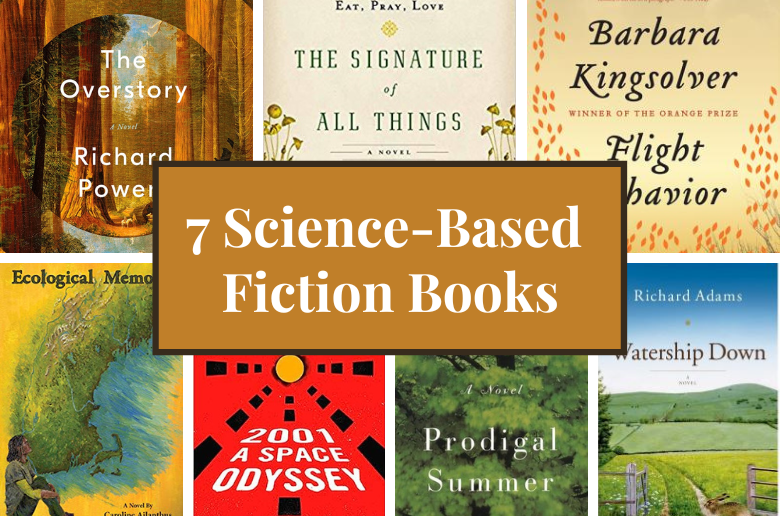The following is a guest post by Caroline Ailanthus. Meet her at the bottom!
Science gets a bad rap.
“Don’t make it too sciency,” writers are warned. “Nobody will read it.”
“Don’t expect scientific accuracy in fiction,” readers are told. “It makes a better story this way.”
And yet not only have there always been great stories that take real science as their starting point, but these stories have been widely read and dearly loved. They’ve just never before had their own name.
Some are science fiction, but most are not. Science fiction looks at science or technology from the outside, asking important questions about the future, but usually treating real science as beside the point. Science-based fiction, in contrast, doesn’t look at science—it uses science to look.
It’s high time these gems had a name.
Here are a few examples of what I’m calling science-based fiction. Some are well-known classics. Others you’ll be glad to hear of for the first time.
The Signature of All Things by Elizabeth Gilbert

Alma Whittaker, a nineteenth-century bryologist, develops a theory of evolution by natural selection only to be beaten to publication by two men. It’s fiction, but it’s possible. It’s not unusual for great discoveries to be made more than once. And history is full of female scientists who don’t get the credit they deserve; how many have there been whom history did not record at all? This novel explores how personal experience and scholarly expertise can weave together to create a truly revolutionary idea.
Bookshop.org | Amazon | Goodreads
Prodigal Summer by Barbara Kingsolver
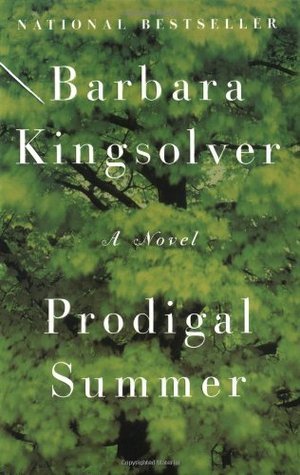
Here, three novellas interweave in alternating chapters. All three center the same rural community in southwest Virginia and all involve conflicts between those with a strong natural science background and those without—but the scientists have as much to learn as the non-scientist do. A recently-widowed entomologist struggles to connect with her tobacco-farmer in-laws. A coyote researcher has a passionate affair with a coyote-hunter. A creationist and his organic-farmer neighbor clash over pretty much everything but build a friendship anyway. You can learn a lot about ecology by listening in as these characters talk, and, perhaps more importantly, listen, to each other.
Bookshop.org | Amazon | Goodreads
Flight Behavior by Barbara Kingsolver
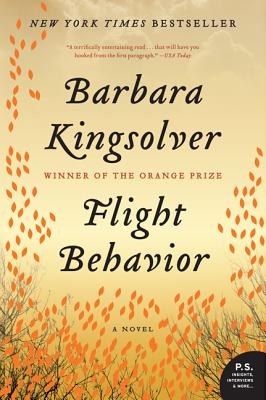
Dellarobia wants to escape her passionless life, so she sets out to begin an ill-advised affair and instead discovers that millions of monarch butterflies, confused by climate change, have taken up residence in the hills above her farm. Thus the double meaning of the word “flight” in the title. The book tackles both climate change and the cultural tensions between urban and rural America. Plus there is a butterfly scientist named Ovid Byron. Dellarobia has a crush on him and, frankly, we can understand why.
Bookshop.org | Amazon | Goodreads
The Overstory by Richard Powers

What starts as nine separate stories gradually coalesce and then diverge again—this novel is not only about the forest conservation battles of the nineteen-eighties, it also has a plot that would look like a tree if mapped. That the unusual structure works is startling. Even more startling is that everything except the fictional protagonists is true. There really are (or, at least, were) fish living in pools up in the branches of redwood trees. Plants really can communicate with each other using chemical signals. Mace really was placed directly in the eyes of non-violent protesters. The richness and accuracy of the story is astounding and makes the tale feel powerfully real.
Bookshop.org | Amazon | Goodreads
Watership Down by Richard Adams

This choice may seem an odd one, as it’s a story about talking rabbits (one of whom is psychic), but this fantasy premise plays out within a setting of impressively detailed natural history. And while the rabbits are anthropomorphic in some ways, in others they are still rabbits. They graze and chew pellets (soft, green droppings that are passed and re-ingested for a second trip through the gut). They don’t follow human sexual mores. Females have heat cycles and, if overly stressed while pregnant, can reabsorb their embryos. Basically, the whole thing is realistic except for the few specific places where the premise requires it not be, so you get the feel of what talking rabbits might actually be like. Watership Down is a perfect example of how scientific accuracy can enrich even fantasy.
Bookshop.org | Amazon | Goodreads
2001: A Space Odyssey by Arthur C. Clark
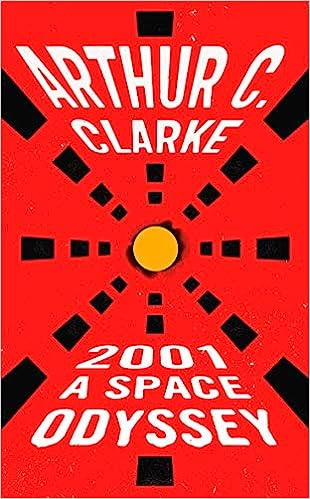
People who have only seen the movie may be under the impression that this is a story about a malfunctioning sentient computer—HAL900 is a vivid character, and the rest of the plot is a bit hard to follow on-screen. But as the book makes clear, it’s actually a tale of first contact between humanity and an advanced alien power. While the story includes some wild speculation and a few ideas that are now scientifically out of date, it never cuts corners and never directly contradicts the known laws of physics. 2001 is one of the few works of science fiction that is also truly science-based.
Bookshop.org | Amazon | Goodreads
Ecological Memory by Caroline Ailanthus
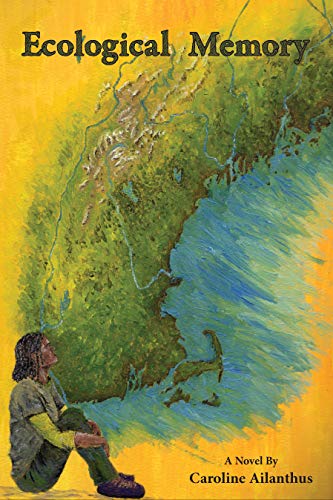
This one is a kind of detective story, though there’s no crime involved, only a young woman who remembers nothing of her childhood home except its trees—and an ecologist who thinks that might be enough for him to find the place. That civilization has collapsed complicates the situation, of course. Not only does Andy use his expertise as a naturalist to find Elzy’s home, but how and why the collapse happened and what the world looks like afterwards is all quite believable, due to some truly impressive homework on the part of the author (who, yes, is me).
Bookshop.org | Amazon | Goodreads
Meet the Author
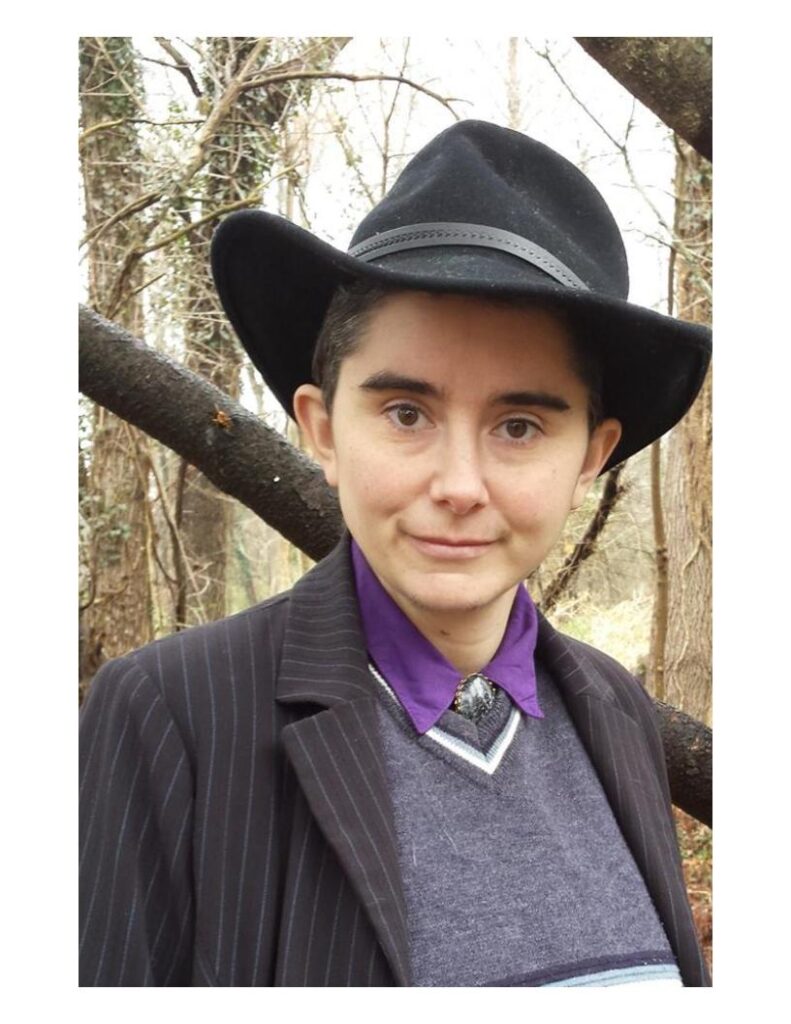
Caroline Ailanthus is a novelist, blogger, and free-lance writer and editor. Most of her work revolves around science somehow, even her fiction. When she’s not writing, she can usually be found either walking her beagles or making a complete mess of the kitchen. You can find out what she’s up to at https://newsfromcaroline.wordpress.com/.
- What We Read in May 2025 - June 10, 2025
- What We Read in April 2025 - May 12, 2025
- Review: The Stars and Smoke Duology by Marie Lu [Guest Review] - March 25, 2025
